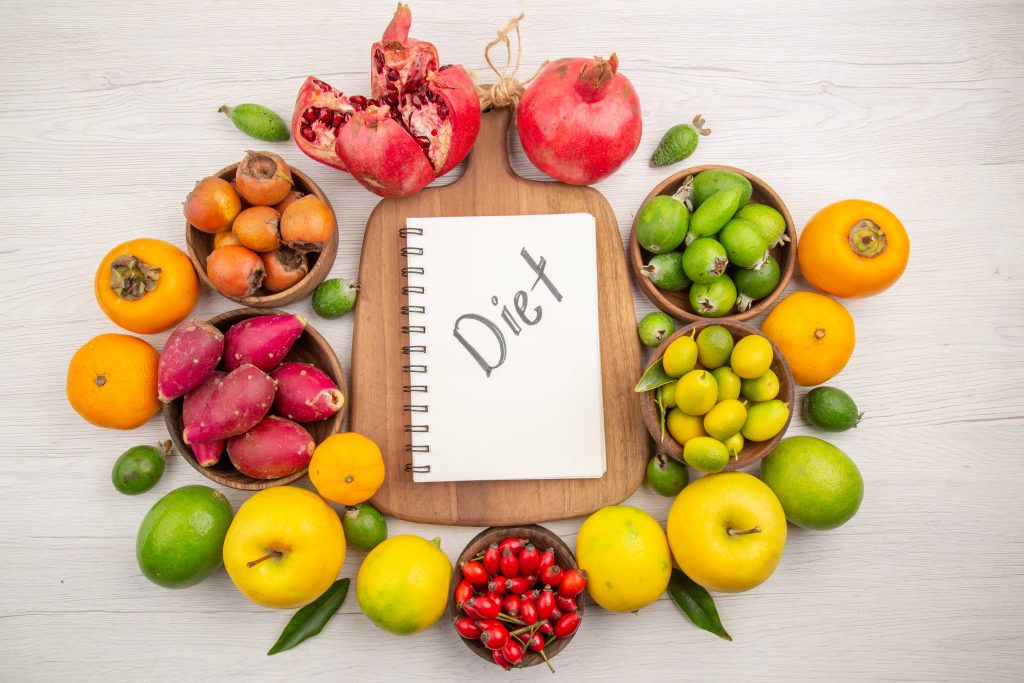
As women age, particularly after hitting the 40-year mark, they often find that losing weight becomes more challenging. This can be attributed to a variety of factors, including hormonal changes, a slower metabolism, and lifestyle shifts. However, with the right strategies, weight loss is not only possible but can also be sustainable and healthy. Here are some effective weight loss strategies tailored specifically for women over 40.
Understanding the Challenges
Before diving into strategies, it’s important to understand the unique challenges women over 40 face:
1. Hormonal Changes: As women approach menopause, estrogen levels decrease, which can lead to weight gain, particularly around the abdomen.
2. Slower Metabolism: Metabolic rate naturally declines with age, meaning the body burns fewer calories at rest.
3. Muscle Loss: After 30, women can lose 3-5% of muscle mass per decade, which further slows metabolism since muscle burns more calories than fat.
4. Lifestyle Factors: Busy schedules, stress, and family responsibilities can make it difficult to prioritize health and fitness.
Effective Strategies for Weight Loss
1. Prioritize Protein Intake
Protein is crucial for maintaining muscle mass, which is essential for a healthy metabolism. Women over 40 should aim to include a source of protein in every meal. This could be lean meats, fish, eggs, dairy, or plant-based proteins like beans and lentils. Protein not only helps in muscle maintenance but also keeps you feeling full longer, reducing the likelihood of overeating.
2. Incorporate Strength Training
While cardio is important for heart health, strength training is vital for building and maintaining muscle mass. Incorporating weight lifting or resistance exercises 2-3 times a week can help counteract muscle loss and boost metabolism. Additionally, strength training improves bone density, which is crucial as women age.
3. Focus on Whole Foods
Processed foods are often high in sugars and unhealthy fats, which can contribute to weight gain. Instead, focus on whole foods like fruits, vegetables, whole grains, and lean proteins. These foods are nutrient-dense and can help you feel satisfied while consuming fewer calories.
4. Stay Hydrated
Drinking enough water is essential for overall health and can aid in weight loss. Sometimes, the body can confuse thirst with hunger, leading to unnecessary snacking. Aim for at least 8-10 glasses of water a day, and consider drinking a glass before meals to help control portion sizes.
5. Mindful Eating
Mindful eating involves paying full attention to the experience of eating and drinking, both inside and outside the body. It can help you recognize hunger and fullness cues, reduce emotional eating, and enjoy your food more. Try to eat without distractions, savor each bite, and listen to your body’s signals.
6. Manage Stress
Chronic stress can lead to weight gain, particularly around the abdomen, due to the hormone cortisol. Finding ways to manage stress is crucial for weight loss. This could include practices like yoga, meditation, deep breathing exercises, or even hobbies that bring joy and relaxation.
7. Get Enough Sleep
Sleep is often overlooked in weight loss strategies, but it’s incredibly important. Lack of sleep can disrupt hormones that regulate hunger and appetite, leading to increased cravings and calorie intake. Aim for 7-9 hours of quality sleep per night.
8. Regular Health Check-Ups
Regular check-ups with a healthcare provider can help identify any underlying health issues that might be affecting weight, such as thyroid problems or hormonal imbalances. Addressing these issues can make weight loss efforts more effective.
9. Set Realistic Goals
Setting achievable and realistic weight loss goals is important for maintaining motivation. Instead of aiming for drastic weight loss, focus on losing 1-2 pounds per week. Celebrate small victories and remember that weight loss is a journey, not a race.
10. Seek Support
Having a support system can make a significant difference in weight loss success. This could be a friend, family member, or a support group. Sharing your goals and challenges with others can provide accountability and encouragement.
Conclusion
Weight loss for women over 40 may come with its unique set of challenges, but with the right strategies, it is entirely achievable. By focusing on a balanced diet, regular exercise, and healthy lifestyle habits, women can not only lose weight but also improve their overall health and well-being. Remember, it’s important to consult with a healthcare provider before starting any new diet or exercise program to ensure it’s safe and appropriate for your individual health needs.










